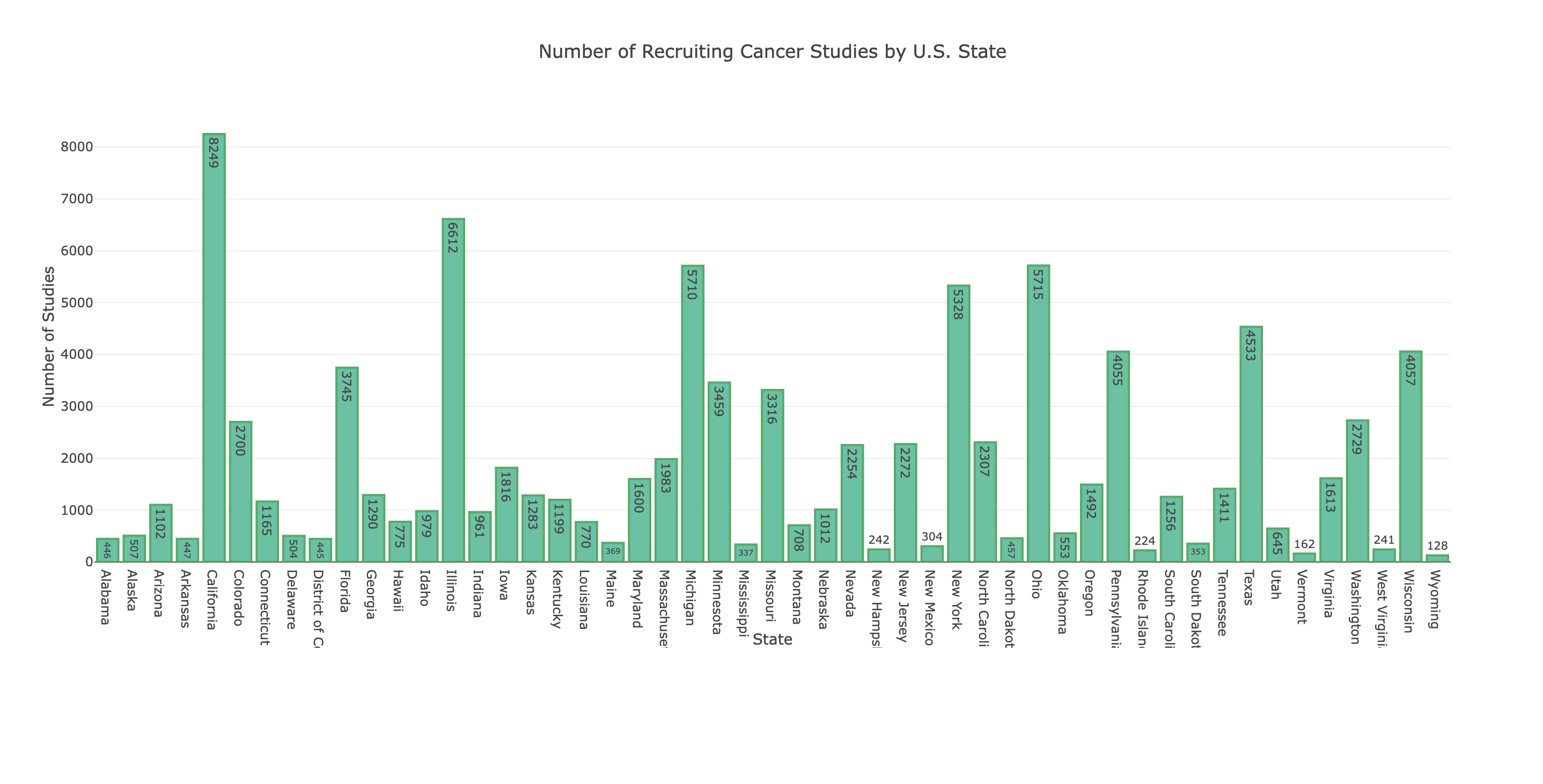Proton Therapy: A Precision Approach to Cancer Treatment Near Vital Organs
Proton therapy is an advanced form of radiation therapy that uses protons instead of traditional X-rays to target and destroy cancer cells. As a highly precise cancer treatment, it’s particularly useful in treating tumors located near vital organs or in sensitive areas where minimizing damage to surrounding healthy tissues is critical.

How Proton Therapy Works
In traditional radiation therapy, X-rays release energy both before and after they hit the tumor, potentially damaging healthy tissues. Proton therapy uses protons (positively charged particles) that release their maximum energy directly at the tumor site, minimizing exposure to surrounding healthy tissue.
Bragg Peak: The core principle behind proton therapy is the Bragg peak, which describes how protons deliver their maximum energy at a specific depth in the body, precisely where the tumor is located. This allows doctors to target tumors more accurately while reducing radiation exposure to surrounding tissues.
Who Can Benefit from Proton Therapy?
Proton therapy is especially beneficial for patients with cancers located in areas where traditional radiation poses a higher risk of collateral damage. Common candidates include:
- Pediatric Patients: Children are more vulnerable to the long-term effects of radiation. Proton therapy can help minimize these risks.
- Prostate Cancer Patients: Proton therapy’s precision helps reduce the risk of damaging nearby organs like the bladder and rectum.
- Breast Cancer Patients: Particularly when tumors are near the heart or lungs, proton therapy can help protect these critical organs.
- Brain and Spinal Cord Tumors: These highly sensitive areas require precise targeting to avoid long-term neurological damage.
How Proton Therapy Compares to Other Cancer-Fighting Treatments
While proton therapy offers many advantages, it may not be suitable for all types of cancer. In some cases, traditional X-ray radiation, chemotherapy, or other treatments may be more appropriate:
- Traditional Radiation Therapy: Effective for many cancers and widely available, but less precise than proton therapy, leading to higher risk of damaging healthy tissues.
- Chemotherapy: Targets cancer cells throughout the body but also affects healthy cells, resulting in systemic side effects such as hair loss, nausea, and weakened immune function.
- Immunotherapy: Boosts the body’s immune system to fight cancer. It’s still relatively new and may not be effective for all cancer types.
The Future of Less Invasive Cancer-Fighting Treatments
In addition to proton therapy, other less invasive treatments are gaining prominence in cancer care, offering hope for improved outcomes with fewer side effects:
- Immunotherapy: This treatment leverages the body’s immune system to recognize and attack cancer cells. Ongoing research is expanding its use for different types of cancer.
- Targeted Therapy: Involves drugs designed to attack specific genetic mutations in cancer cells, sparing healthy cells and reducing side effects.
- Minimally Invasive Surgery: Techniques like laparoscopic or robot-assisted surgery allow for smaller incisions, reduced pain, and quicker recovery times compared to traditional open surgery.
Conclusion
Proton therapy represents a significant advancement in cancer treatment, offering a less invasive and highly precise alternative to traditional radiation. By delivering radiation directly to the tumor with minimal impact on surrounding tissues, proton therapy is an ideal option for treating cancers in sensitive areas, reducing side effects, and improving patients' quality of life during and after treatment.
If you or a loved one is considering proton therapy, consult with your oncology team to determine if it’s the right choice for your specific cancer type and treatment goals.
References
- National Cancer Institute. "Proton Therapy for Cancer Treatment." Cancer.gov
- Mayo Clinic. "Proton Therapy: What You Need to Know." MayoClinic.org
- American Cancer Society. "Understanding Radiation Therapy." Cancer.org
- MD Anderson Cancer Center. "Proton Therapy Benefits and Risks." MDAnderson.org
- Cleveland Clinic. "Proton Beam Therapy for Cancer Treatment." ClevelandClinic.org